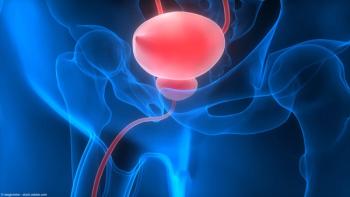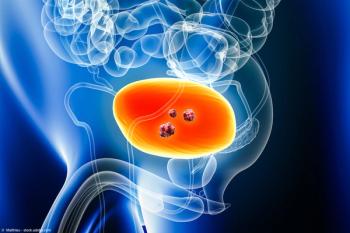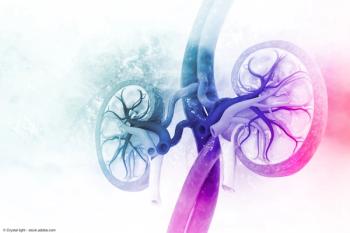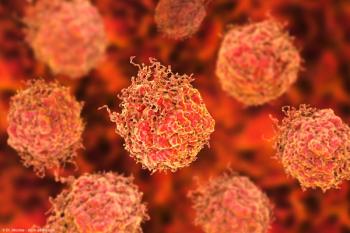
The target action date for the application is December 11, 2025.

The target action date for the application is December 11, 2025.

An interim analysis of the data showed that the trial met its primary end point of EFS, as well as the key secondary end points of OS and pCR rate.

This marks the first and only approval of a perioperative immunotherapy in this disease setting in Canada.

HIFU was shown to be an effective and tolerable treatment option for patients with intermediate-risk localized prostate cancer.

The target action date for the application is March 6, 2026.

In the phase 3 RC48-C016 study, disitamab vedotin plus toripalimab significantly improved PFS and OS vs chemotherapy.

A phase 3 registrational trial of NDV-01 is expected in the first half of 2026.

New findings from the PKIDS trial raise questions about the preference for ureteroscopy in clinical practice.

Take a look through key stories from last month, including regulatory news, trial updates, and other practice-changing advancements.

The phase 1 STRIKE-001 trial will evaluate KTX-2001 as both a monotherapy and in combination with darolutamide.

Data from the phase 2 EXTEND trial showed that the addition of metastasis-directed therapy to ADT improved measures of systemic disease control.

Take a look through key stories from last month, including regulatory news, trial updates, and other practice-changing advancements.

FX-909 is an investigational small molecule PPARG inhibitor for patients with locally advanced or metastatic urothelial carcinoma.

Treatment with mitomycin for intravesical solution led to a 24-month DOR of 72.2% among patients who achieved an initial complete response.

Five-year data from the phase 3 KEYNOTE-426 trial confirm the clinical benefits of front-line pembrolizumab plus axitinib in advanced ccRCC.

INKmune was well-tolerated across all 3 dose levels assessed.

Data showed that 1 in 6 men with GG1 prostate cancer ultimately had higher-risk disease when other clinical features were taken into account.

A recap of the FDA submissions and regulatory decisions in urology from July 2025.

Data show that TAR-200 monotherapy led to high complete response rates and encouraging DFS in patients with BCG-unresponsive high-risk NMIBC.

ATNM-400 demonstrated improved efficacy compared with 177Lu-PSMA-617 in treatment-resistant models as well as enhanced efficacy in combination with enzalutamide.

The first patient has been dosed in the phase 1/2 redePHine trial, evaluating the safety and preliminary efficacy of ABO-101 for PH1.

Enzalutamide plus ADT was associated with significant improvements in rPFS and time to castration resistance compared with darolutamide plus ADT.

The 500 mg regimen of abiraterone acetate demonstrated comparable anti-tumor activity and a favorable safety profile compared with the standard 1000 mg dose.

However, M-HoLEP was superior in terms of enucleation time and efficiency, catheterization time, and hospital stay.

Data from the phase 3b study were recently published in Reviews in Urology, showing that administration of mitomycin intravesical solution in the home setting was feasible, safe, and effective.

Data showed that fracture risk rises briefly after menopausal hormone therapy discontinuation, then falls below never-users.

MRWS was shown to prolong the time off systemic therapy and was associated with favorable tolerability.

The WATER IV PCa trial is comparing first-line Aquablation therapy with radical prostatectomy for the treatment of patients with localized prostate cancer.

The expanded labeling would enable the use of flibanserin to treat hypoactive sexual desire disorder in postmenopausal women.

The new advanced annotation workflow on the UroNav System is designed to work in tandem with DynaCAD Urology to support focal therapy planning.